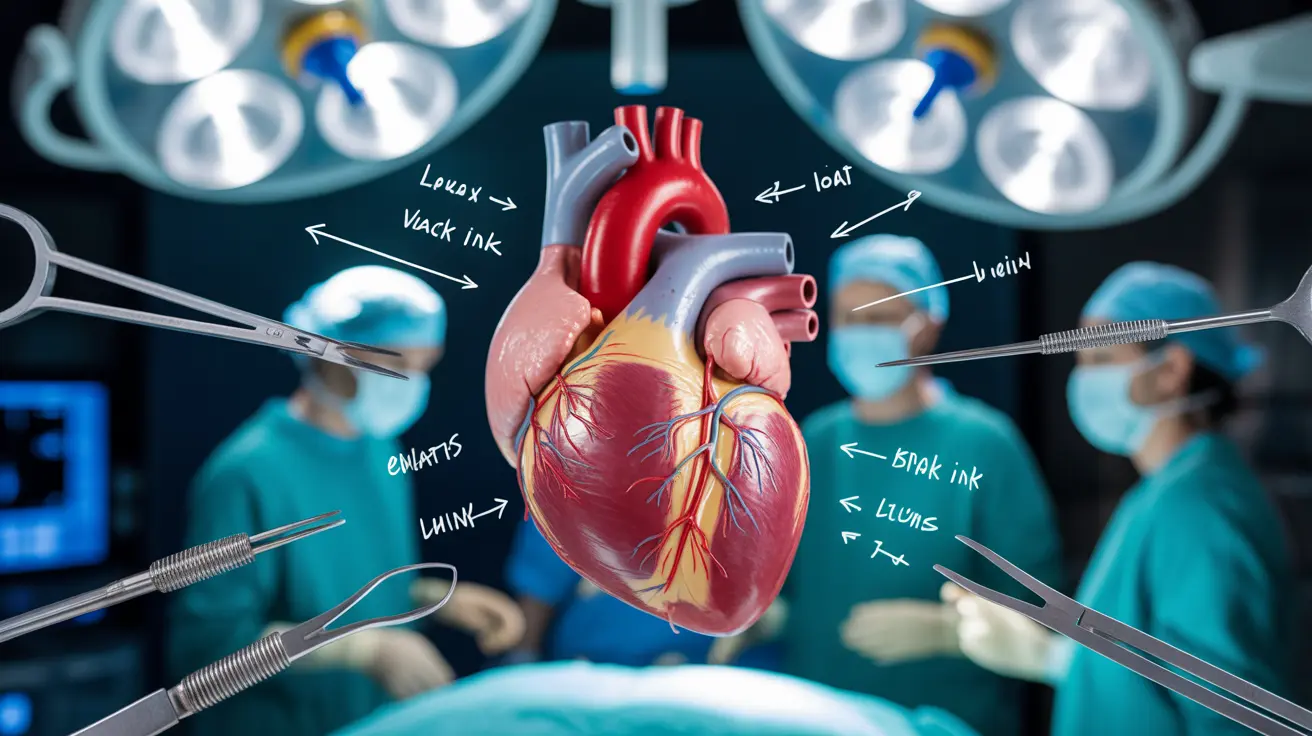Open heart surgery is a major surgical procedure where surgeons operate on the heart muscle, valves, or arteries while temporarily stopping the heart. This life-saving procedure helps treat various heart conditions, from coronary artery disease to heart valve disorders. Understanding what to expect before, during, and after the surgery can help patients feel more prepared and confident about their treatment journey.
What Is Open Heart Surgery?
Open heart surgery involves making a large incision in the chest to access the heart. During the procedure, the surgeon typically cuts through the breastbone (sternum) to reach the heart. The heart is temporarily stopped, and a heart-lung machine takes over the function of pumping blood and oxygen throughout the body while surgeons perform the necessary repairs.
Common reasons for open heart surgery include:
- Coronary artery bypass grafting (CABG)
- Heart valve repair or replacement
- Heart transplantation
- Repair of congenital heart defects
- Treatment of heart muscle damage
Preparing for Open Heart Surgery
Proper preparation is crucial for successful surgery and recovery. Your healthcare team will provide specific instructions, which typically include:
- Completing necessary medical tests and evaluations
- Reviewing and potentially adjusting current medications
- Stopping smoking and avoiding alcohol
- Arranging for post-surgery care and support
- Following specific dietary guidelines before surgery
Pre-Surgery Medical Evaluation
Your healthcare team will conduct comprehensive testing to ensure you're healthy enough for surgery. This may include blood tests, chest X-rays, electrocardiogram (ECG), and other cardiac imaging tests. They'll also review your medical history and current medications to minimize potential complications.
The Surgical Procedure
Open heart surgery typically follows these main steps:
- Administration of general anesthesia
- Creating the chest incision and opening the sternum
- Connecting to the heart-lung machine
- Performing the necessary cardiac repairs
- Closing the sternum and surgical site
The entire procedure usually takes between 3 to 6 hours, depending on the complexity of the repair needed.
Recovery and Rehabilitation
Recovery from open heart surgery is a gradual process that requires patience and dedication. Initial hospital stay typically lasts 5-7 days, during which medical staff closely monitor vital signs, manage pain, and begin early mobilization efforts.
Early Recovery Phase
During the first few weeks after surgery, patients should:
- Follow wound care instructions carefully
- Perform breathing exercises
- Gradually increase physical activity as directed
- Take prescribed medications as scheduled
- Attend follow-up appointments
Long-term Recovery
Complete recovery typically takes 6-12 weeks. During this time, patients gradually return to normal activities while participating in cardiac rehabilitation programs designed to strengthen the heart and improve overall health.
Frequently Asked Questions
What is open heart surgery and when is it recommended?
Open heart surgery is a major cardiac procedure recommended for severe heart conditions that can't be treated with less invasive methods. It's typically recommended for severe coronary artery disease, damaged heart valves, heart failure requiring transplant, or complex congenital heart defects.
How long does recovery typically take after open heart surgery?
Full recovery typically takes 6-12 weeks. The initial hospital stay is usually 5-7 days, followed by several weeks of restricted activity at home. Most patients can return to normal activities within 3 months, though individual recovery times may vary.
What are the common risks and complications of open heart surgery?
Common risks include bleeding, infection, irregular heart rhythms, blood clots, pneumonia, and reaction to anesthesia. While serious complications are relatively rare, they can include stroke, heart attack, kidney failure, and chest wound infections.
What should I expect during and immediately after open heart surgery?
During surgery, you'll be under general anesthesia and connected to a heart-lung machine. Immediately after, you'll wake up in the intensive care unit with various tubes and monitoring devices. You'll receive pain medication and begin breathing exercises and early mobilization within 24 hours.
How can I prepare for open heart surgery and support my recovery at home?
Prepare by following your doctor's pre-surgery instructions, arranging for post-surgery support, and making necessary home modifications. Support recovery by following wound care instructions, taking medications as prescribed, participating in cardiac rehabilitation, maintaining a heart-healthy diet, and gradually increasing activity levels under medical supervision.




